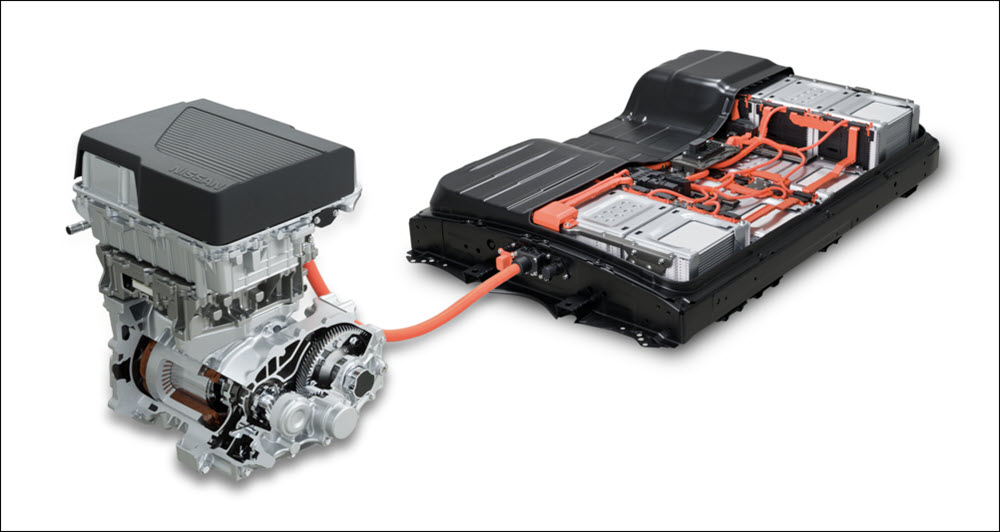
The eco-friendly advantages of electric vehicles are very easy to see. They don’t drink gasoline or diesel, and there are no exhaust pipes emitting harmful gases to the environment. But some experts say that EVs might actually be more damaging to our planet than piston-engine cars. That’s because while a typical electric car is “clean,” the manufacturing process tells another story.
Some of the most commonly used materials in battery production are rare-earth metals. Contrary to their name, rare-earth metals are quite abundant in many parts of the world. Magnets made from these elements are significantly stronger than the ones holding your bills on your refrigerator. Such a property allows electric cars with these magnets to drive longer distances before needing to recharge.
Much of rare-earth-metal production is in China. The country has essentially dominated the industry, and it supplies components to customers across the globe. But with nerves fraying between the People’s Republic and the United States, it is possible that the former can shut down its doors to the entire world. This will create a crisis that is not too far off the current chip shortage.
According to this Reuters report, automakers are hurriedly finding alternatives to rare-earth metals. Tensions escalating between China and the US could result in an industry-wide meltdown that would see car companies halting EV production due to lack of materials. The ability to source substitutes for rare-earth metals will more or less guarantee the continuous manufacture of electric cars even if both superpowers don’t play ball.
In addition, independence from rare-earth metals means hybrids and electric cars will become one step closer to being truly environment friendly. Without going into specifics, the production of magnets using these metals is a rather dirty process. In this study by Yale University, processing plants in China damage fertile soil and produce wastewater laced with radioactive residues.


0 Comments